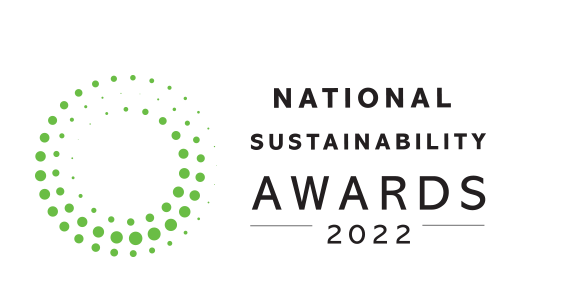As businesses increasingly turn to voluntary carbon offsetting to reach net-zero, doubts are being cast on how effective this remedy actually is.
Recent market growth in offsetting might be premature according to the Climate Change Committee (CCC) as offsets can mask insufficient efforts from firms to cut their own emissions and often deliver less than claimed. The global market for voluntary carbon offsets grew threefold in 2020-2021 to $2bn.
CCC reviewed the evidence on the impact of voluntary carbon markets and offsetting, noting that current shortcomings coukld be overcome with stronger governance to ensure high-integrity carbon credits and clearer guidance for businesses to encourage them to cut their own emissions first and foremost, before turning to offsets.
Chris Stark, chief executive of the Climate Change Committee said: “Businesses want to do the right thing and it’s heartening to see so many firms aiming for early net-zero dates. But poor-quality offsets are crowding out high-integrity ones. Businesses face confusion over the right approach to take.”
Given better governance and standards, voluntary carbon markets could also help deliver finance and funding to areas that need it. The UK already has some of the leading examples of good governance with the Woodland Carbon Code and the Peatland Code. Using these more widely can direct private investment towards new forestry and peatland restoration – two of the largest policy gaps in the Government’s current Net Zero Strategy. These codes can also be further improved to deliver wider improvements in biodiversity.
Latest News
-
Hotel and resorts firm opens its first net zero hotel
-
EasyJet Holidays and UN issue update on tourism industry's first ESG framework
-
Major charity aims to match London’s diversity in its workforce
-
Law firms fund scheme to support air ambulances
-
Aldi pens two year deal to support Salvation Army charity shops
-
Garden Centre firm to help improve communities’ green spaces
© 2019 Perspective Publishing Privacy & Cookies









Recent Stories